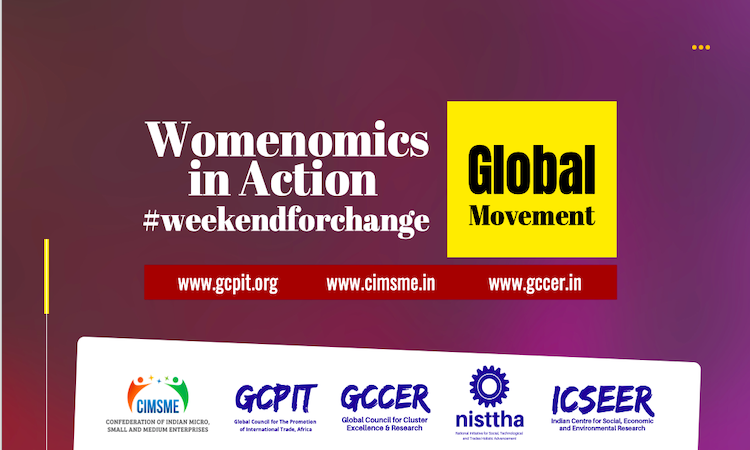
No time to waste: Decoding Recommendations
Suggested government policies include: more flexible labor contracts, gender pay gap disclosures, tax reforms, parliamentary gender quotas, promotion of female entrepreneurship, and looser immigration rules.
For corporations: proactive career management, more flexible work environments, performance-based evaluations, gender target-setting, and male diversity champions.
Society should dispel Womenomics myths, avoid gender role stereotypes in the media, and promote more women in STEM. Fortunately, tailwinds such as ESG investing and shifting millennial male attitudes should further advance the diversity agenda. (ref: Goldman Sachs)
Education: Encourage more girls and women in STEM
Despite the fact that more Japanese women hold university degrees than men, Japanese women account for just 20% of computer science and 18% of engineering majors. Since technology transformations are rapidly propelling the world toward a more knowledge- and digitally-based society, and women comprise a large share of the lower value-added occupations that may be vulnerable to future disruption, more girls and women should be encouraged to pursue education and careers in STEM fields.
Concrete steps that could be taken include:
- showcasing female STEM role models such as science and technology entrepreneurs in schools and in the media, and
- launch STEM mentorship programs in junior- and senior-high schools to help boost interest in science prior to university matriculation, and
- in order to help women re-enter the workforce more easily, establish certification systems for STEM qualifications (similar to existing certification systems for legal, financial, accounting, and tax qualifications).
We note the 2018 revelation that Tokyo Medical University officials systematically lowered female applicants’ entrance examination scores for more than a decade to ensure that more men became doctors the silver lining is that such situations are shining a spotlight of scrutiny on Japan’s “dark shadows” of gender discrimination.
Two critical tailwinds have emerged that should help promote gender diversity going forward: 1) the major expansion in ESG investing, and 2) shifting attitudes among younger-generation Japanese males.
1. ESG Investing
In order to promote the United Nation’s Sustainable Development Goals (SDGs) within the investment world, there has been a heightened focus on ESG (Environment, Social and Governance) metrics (see Exhibit 39).

2. Shifting millennial male attitudes
Another important tailwind that should help advance gender diversity is the distinct shift in attitudes of younger Japanese towards work/life balance. For instance, in 1987, 38% of single men (aged 18-34 years) believed that his future spouse should be a full-time housewife, and only 11% should be a working mother. By 2005, however, the same survey showed a reversal, and as of 2015, 34% of men actually preferred their spouse to be a working mother, while only 10% wanted the spouse to stay at home (see Exhibit 42).
This suggests that attitudes of millennials and younger generations are already turning towards a positive direction, and the desire for greater work-life balance is no longer just for women, but for all of Japanese society.







